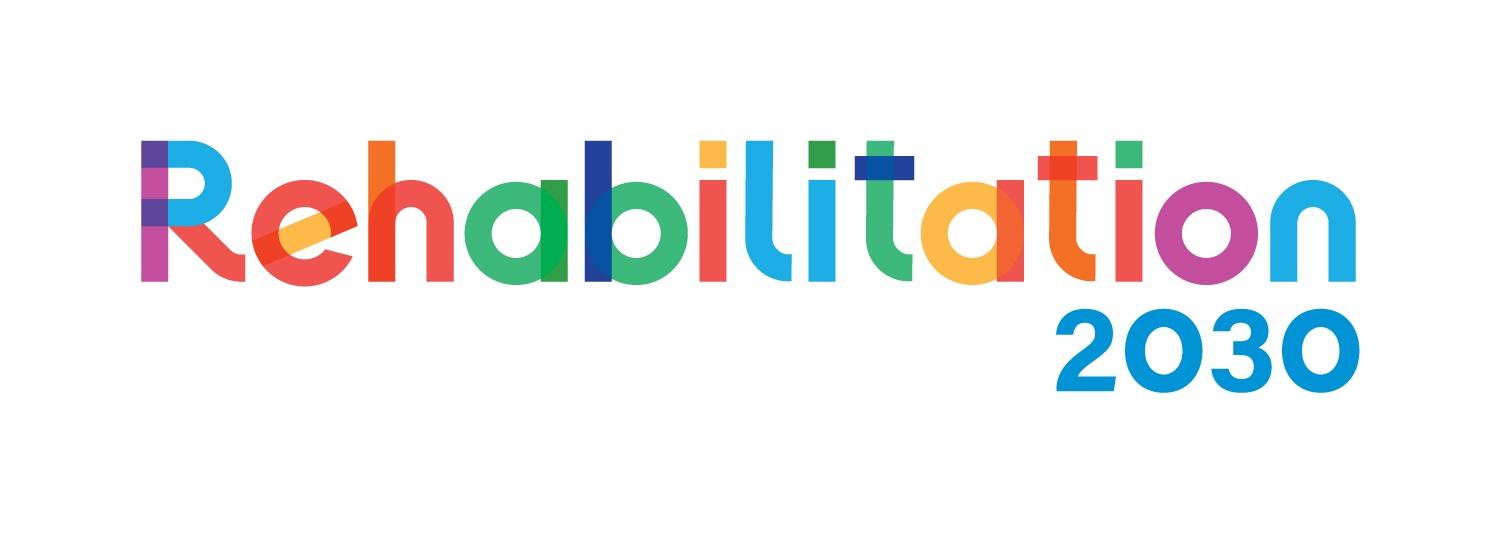Rehabilitation for self-care
Rehabilitation aims to maintain or improve functioning, including the ability to perform self-care.
Self-care rehabilitation targets both a person’s personal and environmental factors. The interventions can either be non-pharmacological and pharmacological in nature.
Non-pharmacological interventions
- Non-pharmacological interventions can be promotive, preventive, restorative and/or compensatory (PPRC). Self-care rehabilitation usually combines a range of PPRC interventions. For example, a person with toileting including bladder issues may be advised to practice manipulating incontinence products to promote independent use of these products while also being advised to frequently inspect and change wet incontinence pads to prevent skin wounds as well as engage in pelvic floor exercises to help in the restoration of bladder control.
Pharmacological Interventions
Pharmacological agents provided in this clinical resource for self-care are medications that help to maintain or improve an individual’s self-care activities. These include anticholinergics and laxatives to address bowel and bladder difficulties.
Last modified: Sunday, 20 March 2022, 9:21 AM
